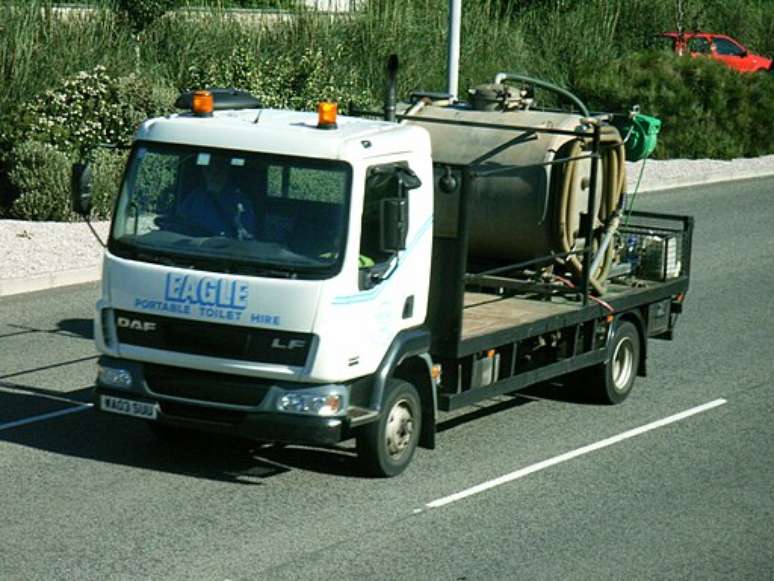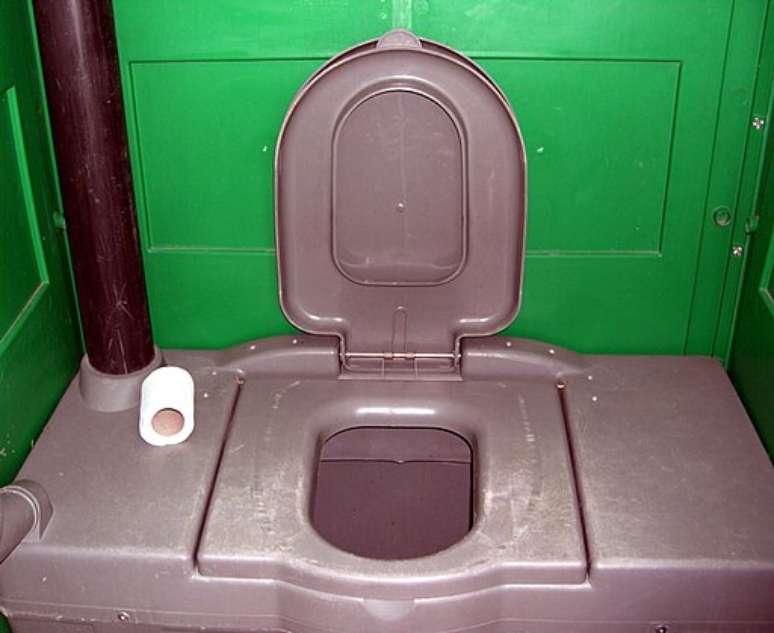Chemical toilets, often called portable toilets, play an indispensable role at outdoor events, construction sites and temporary locations where access to conventional toilets is limited.
Removing debris is an essential part, but cleaning the entire unit is a much more complex task. Keeping these portable facilities clean requires hard work by trained sanitation professionals to ensure these facilities are in proper condition.
Waste storage system
Unlike traditional toilets in our homes, portable toilets are not connected to sewer systems. Waste is collected in a large container located under the toilet seat. Cleaning begins with the need to empty the tank before it overflows.
This task is carried out by sanitation workers using specialized equipment: a suction hose connected to a truck is used to suck waste from the tank. After collection, this waste is transported to a different storage tank on the truck. The truck then transports the waste to a special treatment plant.
Refueling, disinfection and internal cleaning

After cleaning the tank, some items are added before the chemical toilet is ready for public use again. Workers fill the tank with fresh water and a blue chemical solution. This disinfectant solution not only suppresses unpleasant odors, but also helps control bacterial growth between cleanings.
Cleaning the inside of a portable toilet is a meticulous task that requires commitment. Workers are responsible for cleaning all surfaces, including urinals, floors, walls and toilet seats. Any debris inside is also removed at this time. Cleaning the inside of the unit is essential to maintaining a clean and hygienic environment for users.

Portable toilets are essential for maintaining hygiene at outdoor events and places where conventional toilets are not available. Cleaning and maintaining these chemical toilets involves complex processes that require specialized skills and appropriate equipment. The next time you use a chemical toilet at a crowded event, remember the hard work of the hygiene professionals who ensure these facilities are in adequate condition for the public.
Source: Terra
Ben Stock is a lifestyle journalist and author at Gossipify. He writes about topics such as health, wellness, travel, food and home decor. He provides practical advice and inspiration to improve well-being, keeps readers up to date with latest lifestyle news and trends, known for his engaging writing style, in-depth analysis and unique perspectives.









